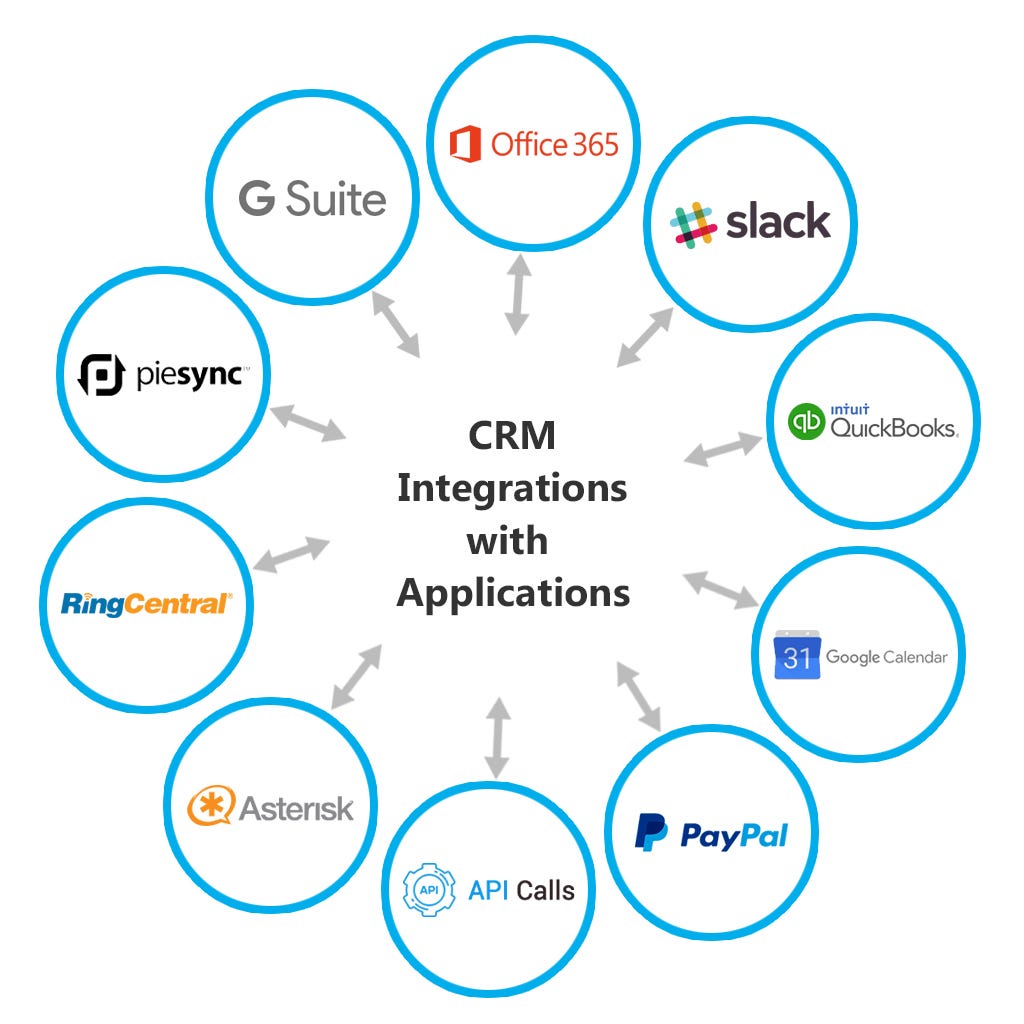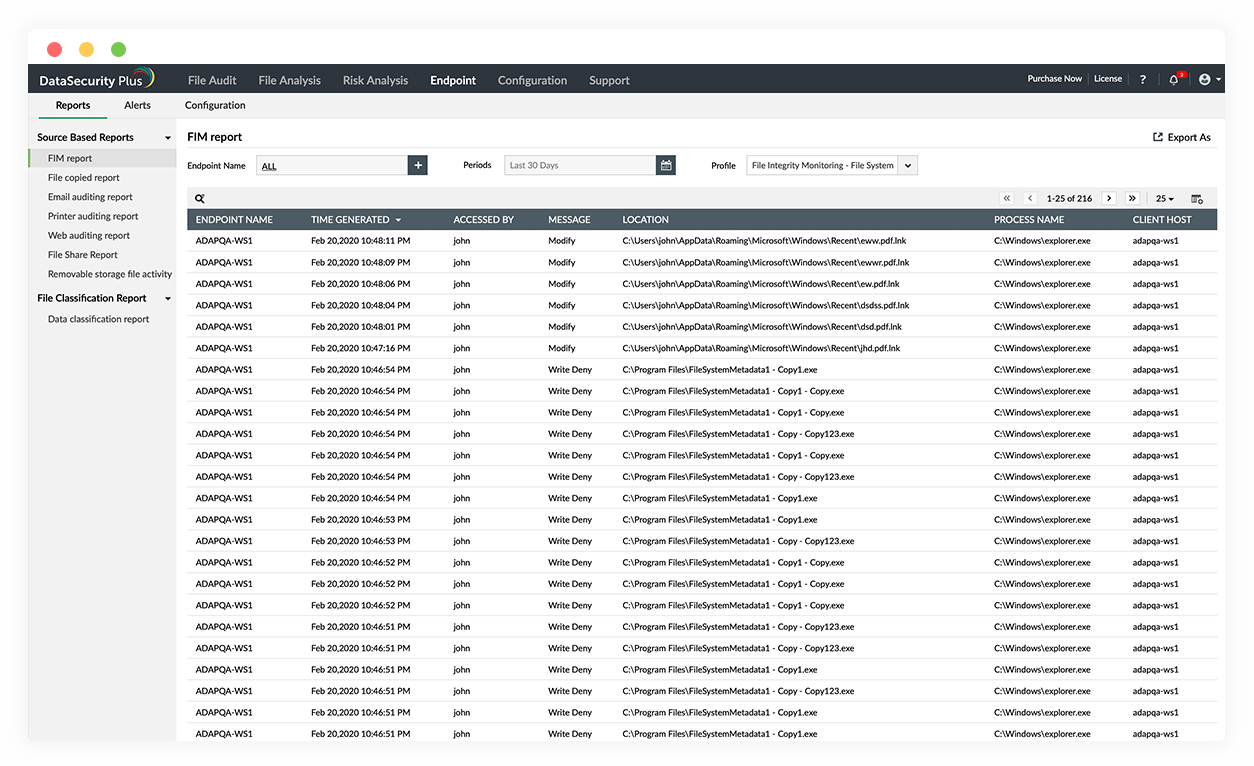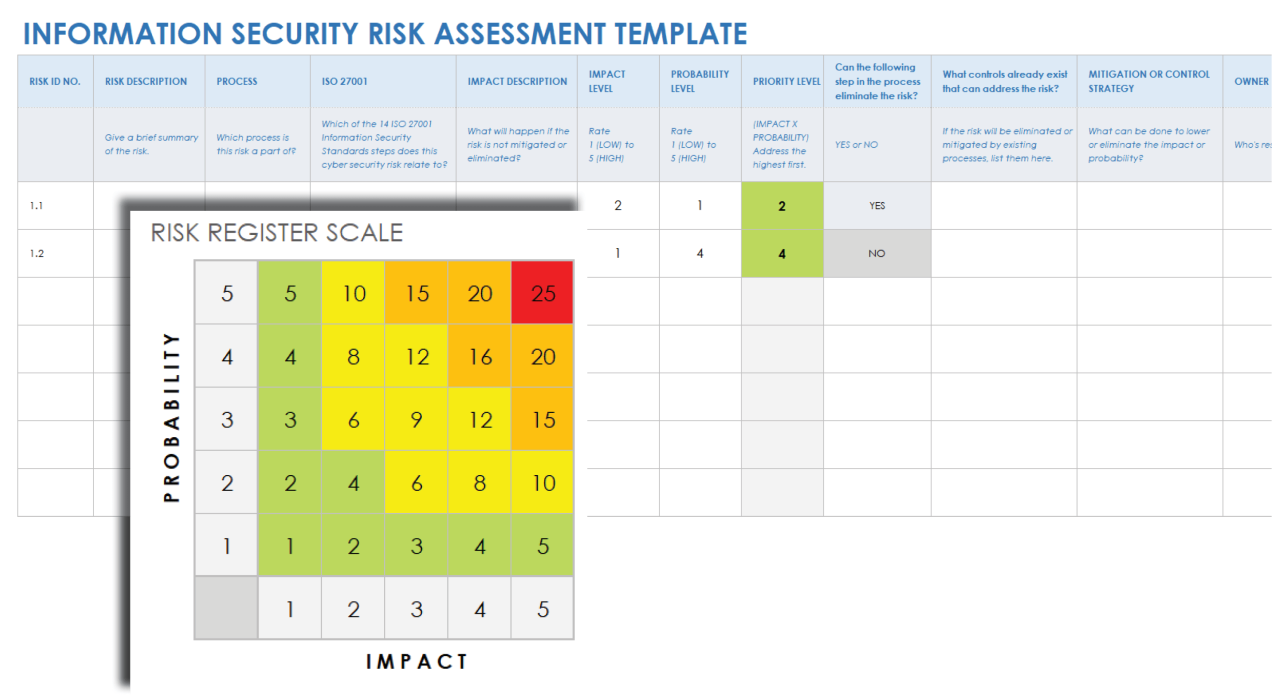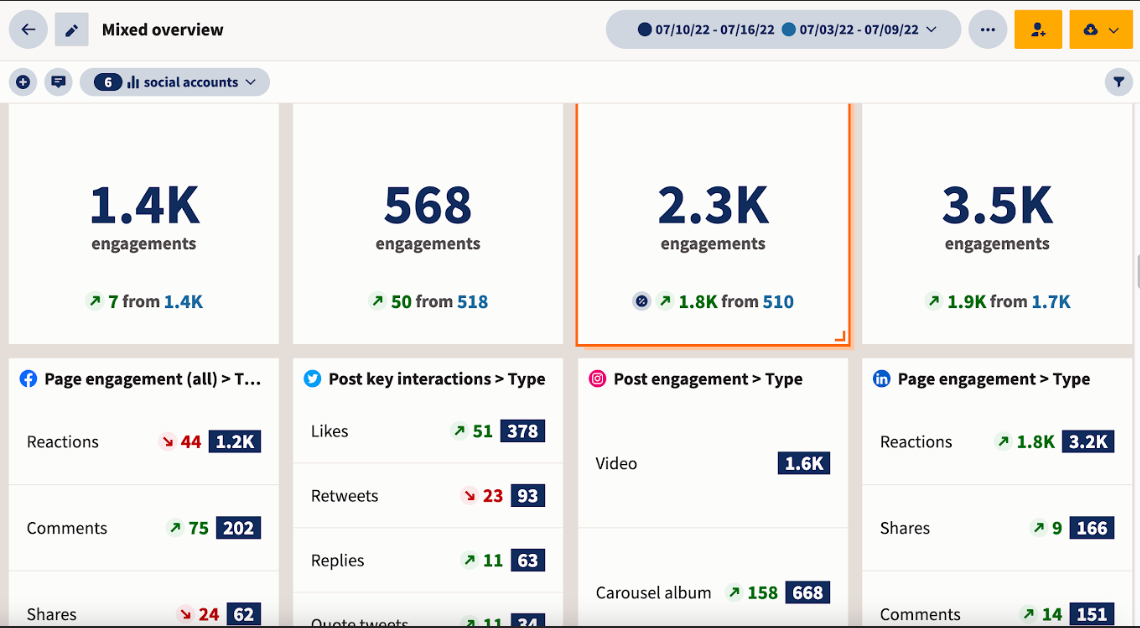Blockchain Technology Applications
Exploring the vast landscape of Blockchain technology applications unveils a world where innovation meets efficiency, transforming industries and paving the way for a decentralized future. From finance to healthcare, the impact of blockchain is reshaping the way we interact with data and transactions, ushering in a new era of security and transparency.
Overview of Blockchain Technology Applications
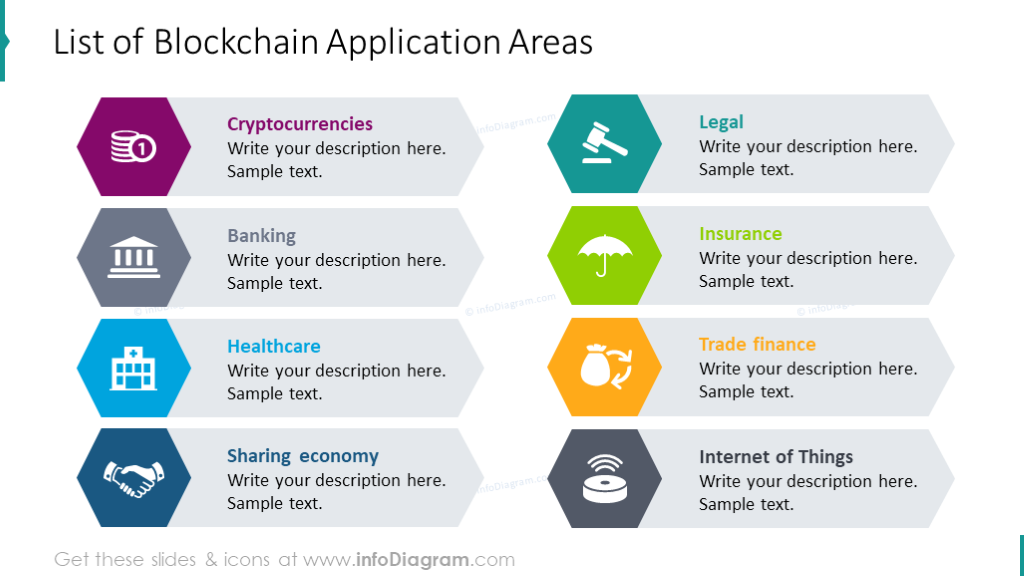
Blockchain technology is a decentralized, distributed ledger system that securely records transactions across a network of computers. Each transaction is validated by a consensus mechanism, ensuring transparency and immutability.
Industries across various sectors are actively utilizing blockchain technology to enhance efficiency, security, and transparency in their operations. Some examples include:
– Financial Services: Blockchain is used for secure and efficient cross-border payments, trade finance, and smart contracts.
– Healthcare: Patient data management, drug traceability, and secure sharing of medical records are facilitated through blockchain technology.
– Supply Chain Management: Tracking and verifying the origin of products, ensuring authenticity, and reducing fraud are key benefits of blockchain in supply chain management.
– Real Estate: Property transactions, land title management, and fractional ownership are streamlined and made more secure with blockchain technology.
The benefits of using blockchain technology in various applications are vast and include:
– Enhanced Security: The decentralized nature of blockchain ensures data integrity and protection from cyber attacks.
– Increased Transparency: Transactions on the blockchain are visible to all participants, promoting trust and accountability.
– Improved Efficiency: Smart contracts and automated processes reduce manual intervention and streamline operations.
– Cost Savings: By eliminating intermediaries and reducing paperwork, blockchain technology offers cost-effective solutions for businesses.
Financial Services
Blockchain technology revolutionizes the financial services industry by providing secure, transparent, and efficient solutions for various transactions. Some key applications include:
- Cross-border Payments: Blockchain enables real-time, low-cost international money transfers without the need for intermediaries.
- Trade Finance: Smart contracts on the blockchain automate trade processes, reducing paperwork and delays.
- Smart Contracts: Self-executing contracts coded on the blockchain facilitate trustless transactions and enforce agreements automatically.
Financial Sector Applications: Blockchain Technology Applications
Blockchain technology is revolutionizing the finance industry by providing a decentralized and secure platform for financial transactions. The role of blockchain in ensuring the integrity and security of transactions, as well as the rise of digital currencies, has significantly impacted the traditional banking systems.
Secure Transactions and Digital Currencies
- Blockchain technology ensures secure transactions by creating a transparent and tamper-proof ledger of all transactions.
- Smart contracts, powered by blockchain, automate and enforce the terms of agreements, reducing the need for intermediaries in financial transactions.
- Digital currencies like Bitcoin and Ethereum have gained popularity as alternative forms of payment, leveraging blockchain technology for secure and borderless transactions.
- The use of blockchain in digital currencies provides increased efficiency, lower costs, and faster transaction speeds compared to traditional banking systems.
Impact on Traditional Banking Systems
- Blockchain technology challenges the centralized nature of traditional banking systems by offering decentralized and peer-to-peer transactions.
- By eliminating intermediaries, blockchain reduces transaction costs and speeds up the settlement process, leading to increased efficiency in financial transactions.
- Traditional banks are exploring blockchain technology to streamline their operations, improve security, and enhance customer experience.
- The adoption of blockchain in traditional banking systems is expected to revolutionize the way financial institutions operate and interact with customers in the future.
Supply Chain Management Applications
Blockchain technology is revolutionizing supply chain management by providing a secure and transparent way to track the movement of goods and verify transactions. It enables real-time visibility into the entire supply chain, from the sourcing of raw materials to the delivery of finished products.
Companies Implementing Blockchain for Traceability and Transparency
- Walmart: The retail giant has implemented blockchain to track the origin of food products, ensuring quality and safety for consumers.
- IBM: IBM has developed the IBM Food Trust platform, which uses blockchain to trace the journey of food products from farm to table, improving transparency and reducing food waste.
- Maersk: The shipping company Maersk has partnered with IBM to create TradeLens, a blockchain-based platform that enhances transparency and efficiency in global trade.
Advantages of Using Blockchain in Supply Chain Logistics
- Transparency: Blockchain provides a transparent and immutable ledger that allows all parties in the supply chain to view and verify transactions, reducing the risk of fraud and errors.
- Traceability: With blockchain, companies can track the flow of goods throughout the supply chain, enabling easier identification of issues and faster resolution of problems such as product recalls.
- Efficiency: By automating processes and reducing manual paperwork, blockchain streamlines supply chain operations, leading to cost savings and improved efficiency.
Healthcare Industry Applications
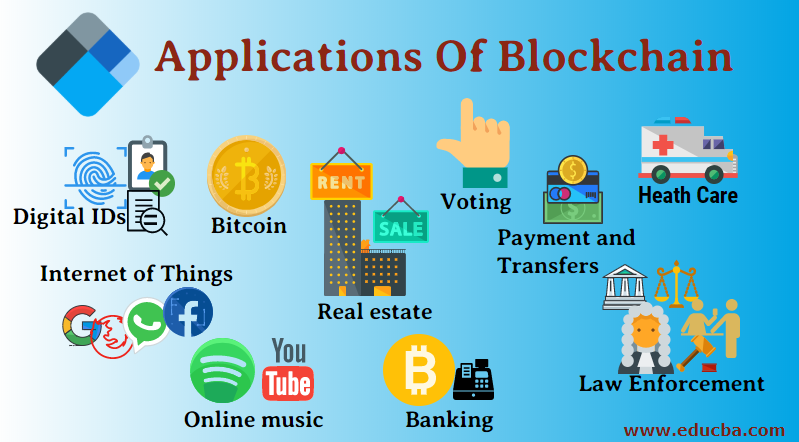
Blockchain technology is revolutionizing the healthcare sector by providing a secure and transparent way to manage patient data. With its decentralized and immutable nature, blockchain offers a solution to the challenges faced in healthcare data management, such as data security, interoperability, and accessibility.
Secure Patient Data Management
- Blockchain technology allows for secure storage and sharing of patient data across different healthcare providers and organizations.
- Each patient record is stored in a block that is encrypted and linked to the previous block, ensuring the integrity and security of the data.
- Patients have control over who can access their data and can grant permission to healthcare providers on a need-to-know basis.
Potential for Improved Medical Record Interoperability, Blockchain technology applications
- Blockchain enables seamless sharing of medical records among healthcare providers, reducing the need for redundant tests and procedures.
- Interoperable medical records can lead to better care coordination, faster diagnosis, and improved patient outcomes.
- Smart contracts can automate the sharing and updating of medical records, ensuring accuracy and timeliness of information.
Question Bank
How can blockchain technology benefit supply chain management?
Blockchain ensures transparency, traceability, and security in supply chain operations, reducing fraud and errors while enhancing trust among stakeholders.
What role does blockchain play in the financial sector?
Blockchain revolutionizes the finance industry by enabling secure transactions, faster settlements, and the creation of digital currencies, offering a decentralized approach to traditional banking systems.
How is blockchain used in the healthcare industry?
Blockchain secures patient data, improves interoperability of medical records, and enhances data integrity, paving the way for efficient healthcare services and streamlined operations.


